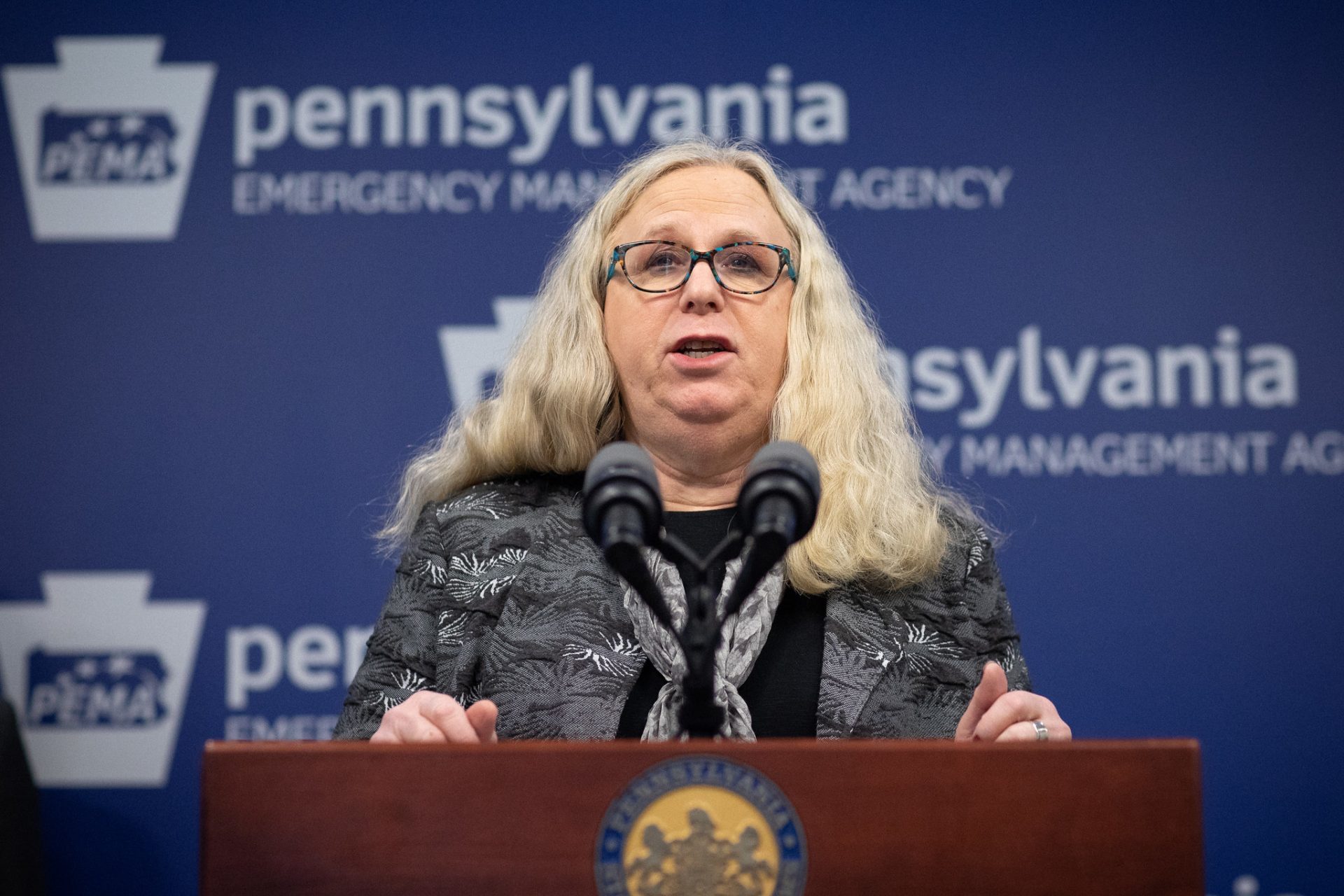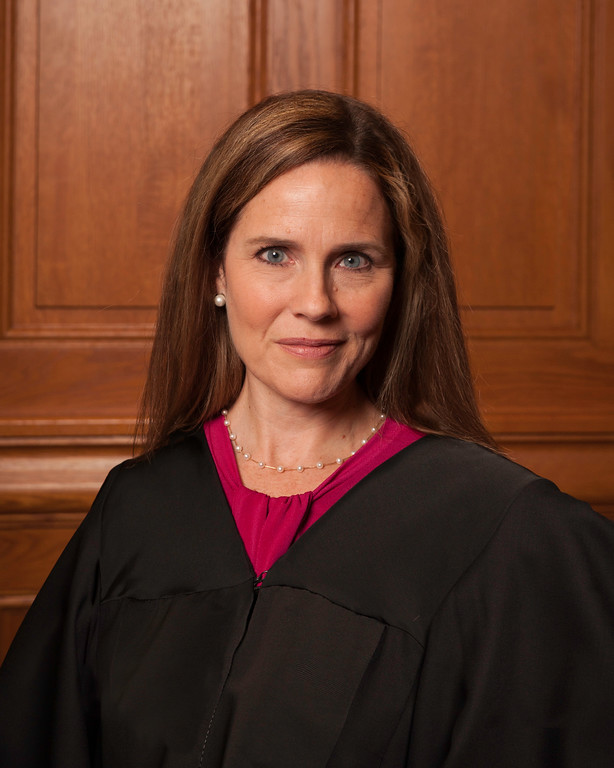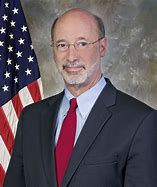Harrisburg, PA – Dr. Rachel Levine, Secretary of Health, today highlighted the steps the Wolf Administration has taken to emphasize LGBTQ equity for all.
“The Wolf Administration has been a leading ally for the LGBTQ community, and the fight for equity,” Secretary Levine said. “Along with facing unique health care needs, LGBTQ individuals may also struggle with mental health concerns. As we recognize LGBTQ History Month, we must continue to push forward with our mission of a healthy Pennsylvania for all.”
Since taking office, Governor Wolf and his administration have helped to lead efforts to provide LGBTQ equity in Pennsylvania:
- Signed an Executive Order in April 2016 preventing discrimination as part of employment;
- In 2016, the Department of Health allowed hospitals to report new parents as parents without specifying the mother and father;
- Created the Pennsylvania Commission on LGBTQ Affairs, through Executive Order in August 2018;
- Condemned the Trump Administration’s rule in June 2020 stripping Americans of their right to health care because of their sexual orientation and gender identity;
- Began collecting sexual orientation and gender identity data as part of the COVID-19 response; and
- Offered a non-binary gender designation option on driver licenses, ID cards.
While the administration has taken a number of steps, LGBTQ individuals struggle significantly with mental health issues. According to the National Alliance on Mental Illness, lesbian, gay and bisexual-identifying adults are more than twice as likely as heterosexual adults to experience a mental health condition. Additionally, lesbian, gay or bisexual-identifying high school students are five times more likely to attempt suicide, compared to their heterosexual peers. Strikingly, nearly 50 percent of all transgender adults have considered suicide in the last year, compared to four percent of the overall U.S. population.
In Pennsylvania, the data further reflects the need for access to mental health assistance for LGBTQ individuals. The 2018 LGBT Health Needs Assessment, conducted by the Department of Health, showed that nearly 93 percent of respondents under the age of 25 have experienced a mental health condition in the last 12 months. Nearly 58 percent of respondents under the age of 21 reported receiving psychological or psychiatric counseling or treatment from a doctor or other healthcare professional for a mental health condition or problem related to emotions such as depression, anxiety, stress or suicidal ideation.
“The LGBTQ community continues to deal with the impacts of health disparities especially in the field of mental health,” said Rafael Alverez Febo, executive director for the Governor’s Commission for LGBTQ Affairs. “Many of these disparities can be attributed to systemic inequities that perpetuate trauma and abuse. We are proud of the strides the Pennsylvania Department of Health has made under Dr. Rachel Levine’s leadership and the important policy changes made under the leadership of Governor Wolf. Members of the LGBTQ community and our commission will continue to advocate for better access to healthcare and other crucial services to ensure that all Pennsylvanians can thrive in our commonwealth.”
The department funds programming for LGTBQ youth between the ages of 14-21 at several locations across the state. Services provided include:
- Mental health screenings;
- Suicide risk screenings;
- Depression screenings;
- Substance abuse screenings;
- Rapid HIV testing;
- Sexually transmitted infection screening;
- Risk reduction counseling; and
- Healthy eating education.
For more information on LGTBQ health, visit the Department of Health’s website at www.health.pa.gov or follow us on Facebook and Twitter.









